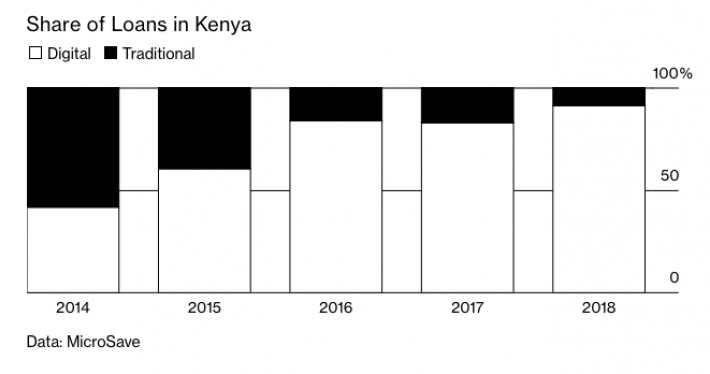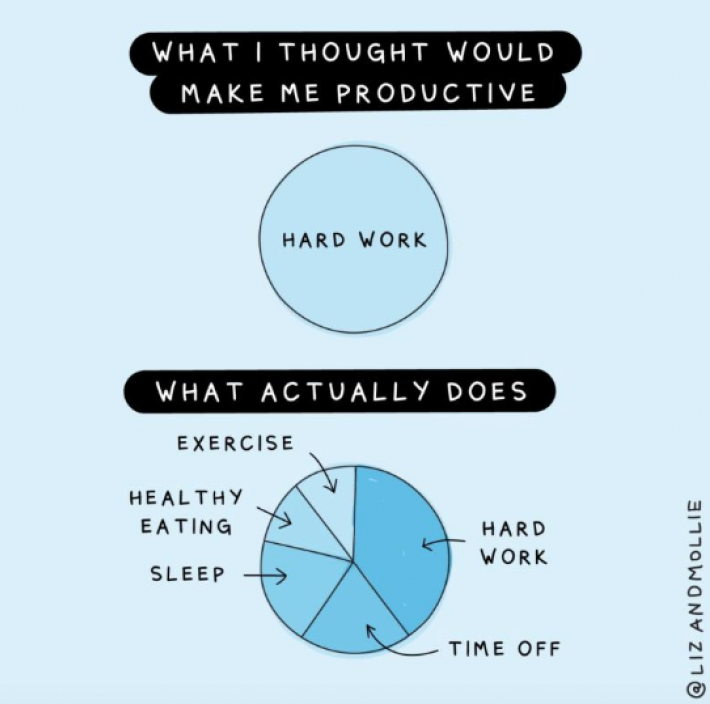Garbage Language
Jargon is a problem.



Garbage language
Jargon is a problem, but at least it means something. The stuff in this article doesn't mean anything. It's great fodder for the Mulago banned-words list.
Vulture (7 mins)
Digital developments for Africa's agriculture
This huge market survey of agriculture-related digital tools across Africa shows a shift away from generalized SMS/text-based comms to a more targeted approach based on a farmer’s geolocation. "Tailored, location-specific information regarding weather forecasts/pests and disease/crop prices are much more useful for farmers to increase precision agriculture and reduce production risks."
Dalberg (5 mins / full report is 200 pages)
New rating system for charities aims to certify impact
Impact Matters are trying to rate nonprofits on their impact -- how much good a nonprofit achieves per dollar. It's a step on the path to creating an effective market for impact.
New York Times (5 mins)

Tech startups are flooding Kenya with apps offering high-interest loans
This grim but important piece shows that many "financial inclusion" apps are basically high-interest payday loans that can leave people worse off.
Bloomberg (10 mins)

African governments are trying to collect more tax
When your payer at scale is government, that money has to come from somewhere.
The Economist (7 mins)
The trouble with chocolate
This long, beautifully reported story is an excellent example of how certification often fails to create change on the ground. It's like pushing on one side of a balloon.
Washington Post (15 mins)
Online class: The impact business model canvas
This free class prompts deep thinking about every facet of your model from mission to impact.
Stanford GSB

Podcast: Gerd Gigerenzer on gut feeling
Complex models are good for explaining the past; not so great when trying to make bets on the future. Gigerenzer argues that many results in behavioral economics that appear irrational can be understood as sensible ways of coping with complexity.
Econtalk (1hr)

Book: Distributed Teams by John O'Duinn
Like it or not, a lot of organizations are trying to pull this off. This easy-to-read book has short chapters with practical takeaways on topics like email, video calls, hiring, firing, and group culture.
Amazon
And finally....

Impact in your inbox
The best stuff we run into, straight to your inbox. Zero spam, promise. To see past issues, click here.




.png)